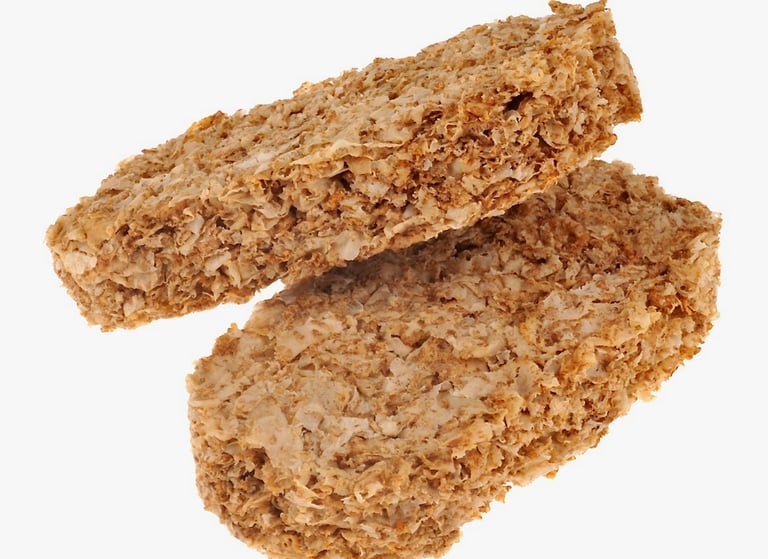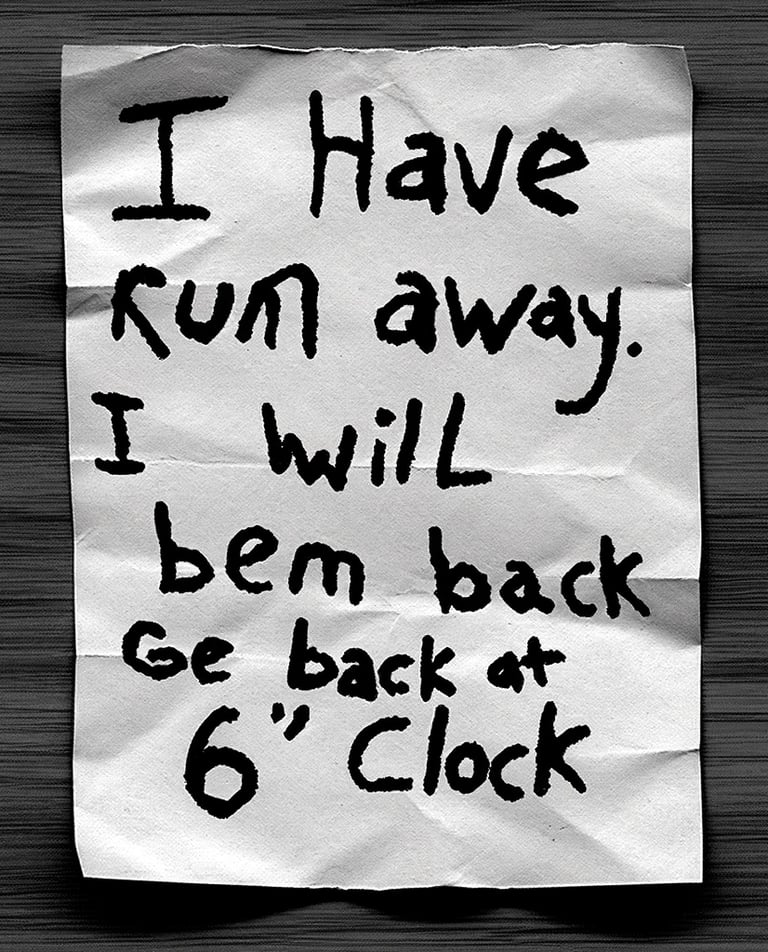The Great Weetabix Rebellion
PERSONAL REFLECTIONS


At the tender age of seven, the world can seem a vast and tumultuous place, especially from the vantage point of RAF Cosford, where the skies were as much a part of home as the earth beneath my feet. It was here, amidst the orderly chaos of military life, that I staged my own small act of rebellion—a standoff over breakfast cereal that would become the stuff of family lore.
The day started innocuously enough, with a shopping trip to the NAAFI with Mum. The aisles were a labyrinth of wonder to my young eyes, each turn offering up new treasures. But it was in the breakfast aisle that my heart was set aflame with the singular, burning desire for Weetabix. To me, it wasn't just a cereal; it was the taste of morning joy, the very essence of a perfect day's beginning.
Mum, however, had other ideas. "We're having Cornflakes for a change," she said, a sentence so innocuous to the uninitiated, yet so laden with the weight of unmet expectations to my seven-year-old self. The injustice of it! Cornflakes, the bland usurper of my breakfast dreams, could never compare to the wheaty, crunchy delight of Weetabix.
Fuelled by indignation and a fierce sense of loyalty to my beloved cereal, I made a rash decision. I declared my independence then and there, storming off through the streets of Cosford with nothing but my resolve to keep me warm. The journey home was a blur, powered by the kind of righteous anger only a child can muster over a perceived great injustice.


Upon arriving, I penned what I thought to be the most scathing of notes: "I have run awaw [sic]. I will be back at 6 o'clock." In my mind, it was a decree, a line drawn in the sand, a declaration of war over breakfast choices. With the note left conspicuously on the kitchen table, I ventured back into the elements, a solitary figure against the world.
Outside, the heavens opened, as if in solidarity with my plight, and the streets of RAF Cosford became rivers of rain. I marched up and down, a lone soldier, kicking the puddles in silent protest. The cold began to seep into my bones, and my stomach rumbled its betrayal, but pride is a powerful sustainer. With furtive glances towards the house, I willed time to move faster, my resolve only matched by my growing discomfort.
Little did I know, the drama of my rebellion was unfolding within the warmth of the family home. Dad's arrival brought questions, and Mum's presentation of my note brought concern mixed with the faintest traces of amusement. From the window, they watched my bedraggled form, a study in stubborn resolve, marking time in the rain.
As the clock hands aligned with my decree, my little heart battled between the relief of the ordeal's end and the sting of a pride wounded by necessity. The return was silent, a march of mixed emotions. Yet, the expected storm of parental reprimand never broke. Silence, I found, could be louder than words, and in that quiet, my stand seemed all the more futile.
Mum kept that note, a memento of the day when cereal became a battleground and a little boy learned the complex dance of choices, consequences, and the value of compromise. Over the years, it has resurfaced time and again, each viewing a reminder of the day I learned that some battles, no matter how fiercely fought, might not be worth the war.
In the elaborate montage of life, it's these moments of innocent defiance, of lessons learned not through the words of others but through our own experiences, that shape us. My Weetabix war, a battle of one against the mundane, was never really about cereal; it was about discovering the boundaries of self, family, and the understanding that sometimes, being right isn't as important as being happy. And sometimes, just sometimes, Cornflakes can be a change worth embracing.




